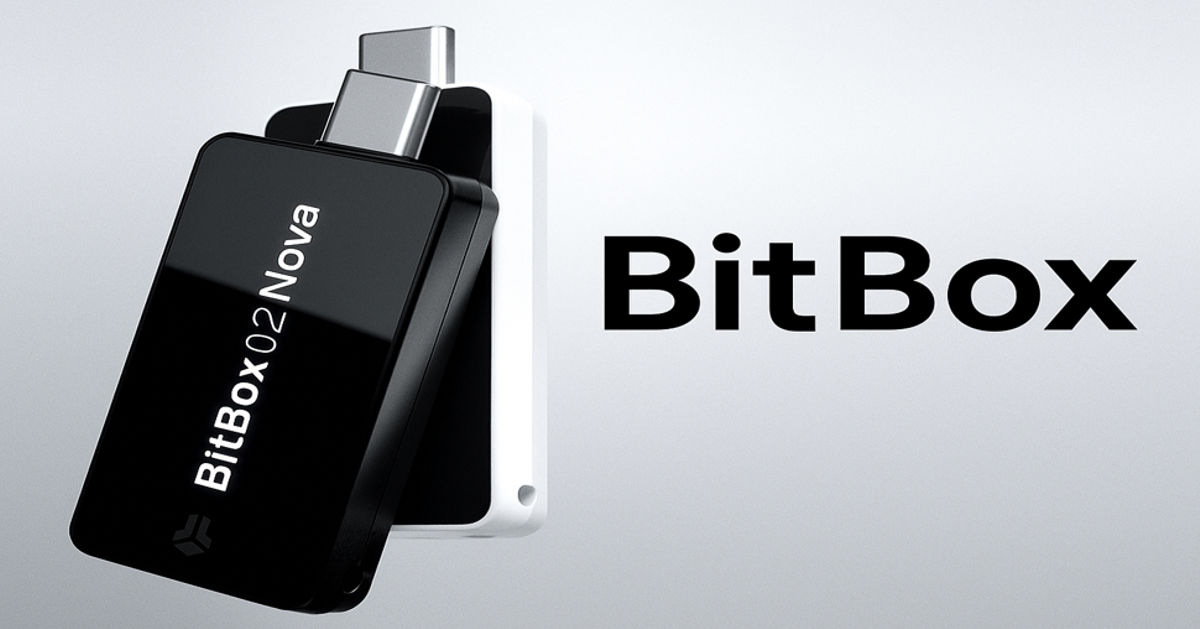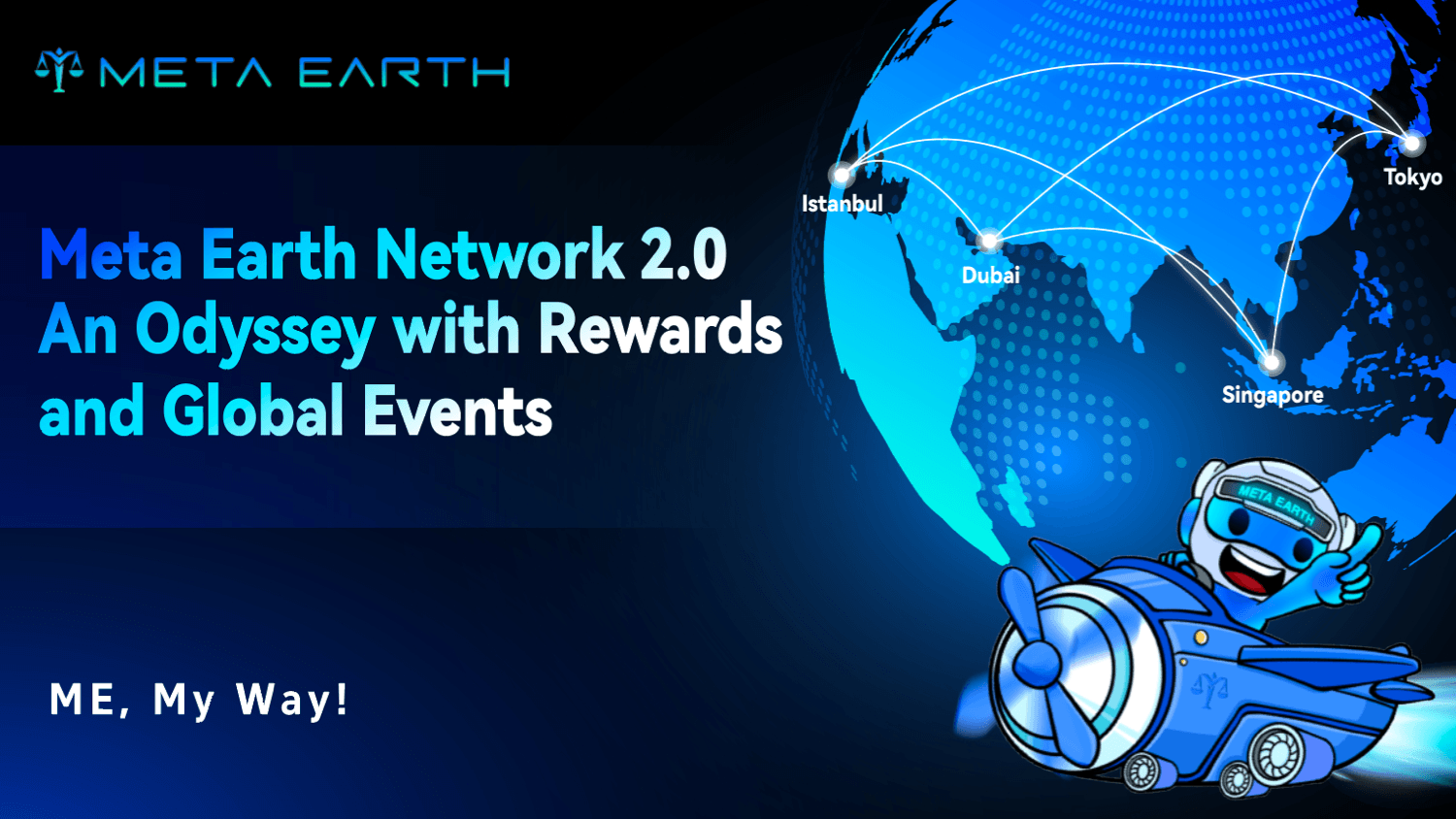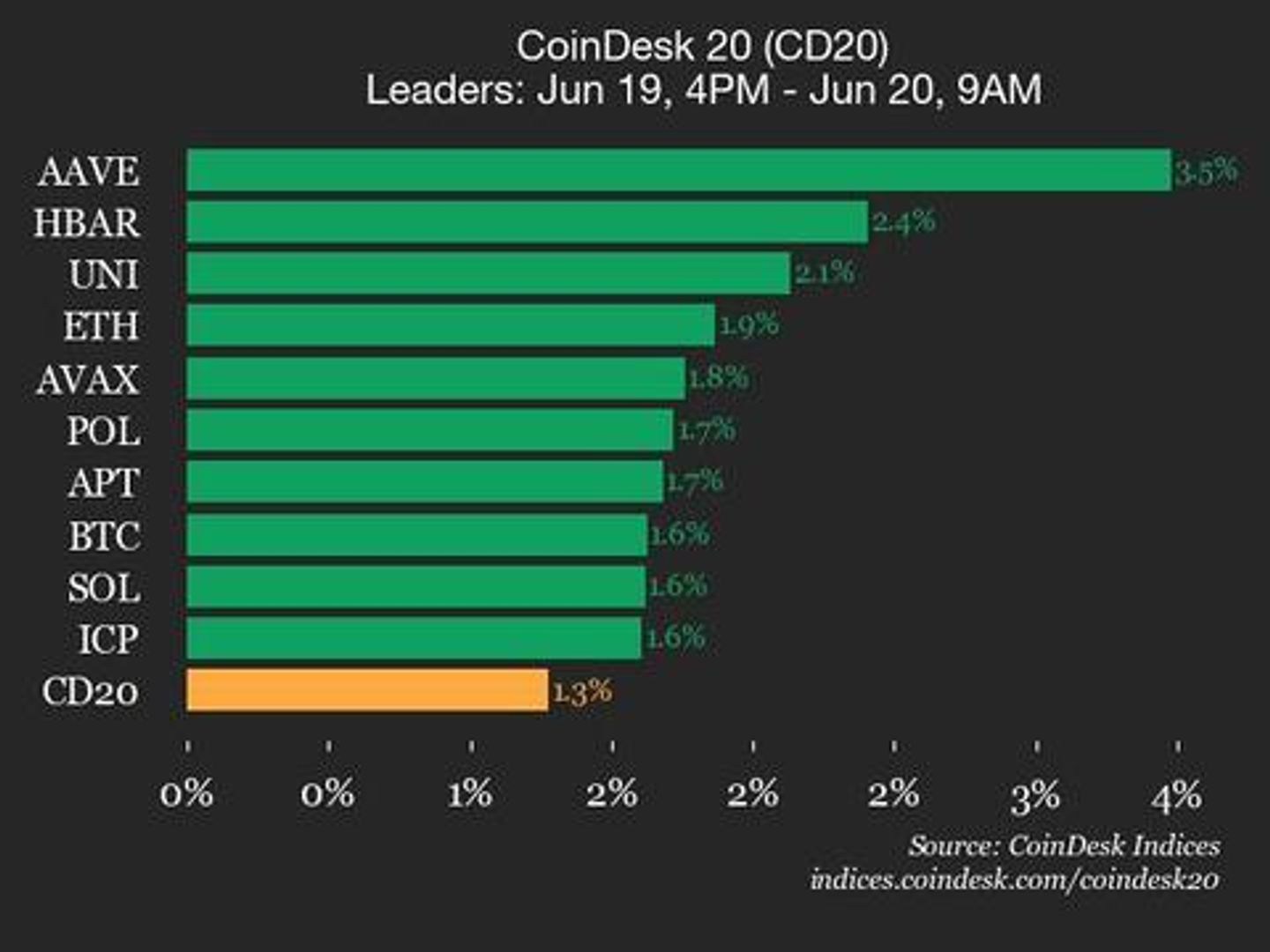Why I use AI Agents, and how they can help transform your business
If you’re not leveraging AI agents, here’s why you should.

AI agents are fundamentally reshaping businesses and how work gets done by augmenting them with autonomous, context-aware execution. If you’re not leveraging AI agents, here’s why you should.
Recognizing that managing AI agents is becoming an essential skill in the workforce, I predict that before 2026, every person at my 1,000+-person company will be using an agent on a daily basis. AI agents are evolving businesses rapidly, and while tech adoption rates can be slower for some organizations, the momentum and interest in agentic AI is building rapidly and proving its business value.
As organizations continue to grapple with complexity, speed, and the pressure to do more with less resources and staff, AI agents offer a path to operational agility: automating routine decisions, surfacing real-time insights, and accelerating strategic outcomes. This shift marks more than a ‘tech upgrade’—it’s a redefinition of the business operating model, where the ability to harness intelligent, data-driven agents will distinguish tomorrow’s leaders from those stuck in yesterday’s workflows.
Real agents
First, what is a real agent and why is it different?
In sales and marketing, there is a lot of chatter about building agents that save time and allow companies to send personalized content at scale. That’s absolutely an efficiency that should be taking place, but we’re probably talking about a database trigger in Salesforce that kicks off IF-THEN logic that, in turn, uses an API call to ChatGPT for purposes of drafting the content.
That is not an agent.
By definition, an agent is more resourceful, proactive, and helpful, able to pursue goals, and achieve more results on behalf of employees than either a chatbot or conventional automation. Although the concept of autonomous agents has been around for years, we’re just getting to the point where the technology is becoming widespread, with tools for the creation of agents improving rapidly.
Rather than trying to give a formal definition of what constitutes an agent, let me describe what makes the best formula for purpose-driven AI agents. They possess:
1. Tools to search the web and social media, gather information, and provide data analysis. It’s not a simple report on findings that is helpful in this context, it is an analysis of the findings and a strategy to move forward. Investing in tools is important: think of it like sharpening your knife, if it’s dull, it’s not going to cut as intended. You need to structure the tools to be efficient and flexible so your agent can use them properly.
2. Knowledge, particularly knowledge of you and your goals, the expectation of your outcome for the role you sit in, your writing style, and how to be successful. Context is key, make sure the agent has the relevant knowledge to do its intended job. This could include embedding knowledge from sales decks, website and app data and customer call transcripts.
3. LLM vs LLM evaluation, to ensure reliability, the most effective AI agents will use one model to generate an output and a different model to critique it. For example, if you're relying on an AI agent to draft a report, this approach helps prevent mistakes or awkward phrasing that another reviewer—human or AI—might otherwise catch.
4. A Playbook so the agent learns standard protocols about your company's data and requirements. The playbook should be prescriptive and specific but also leave room for the agent to adapt and change as it gets more information and is able to perform better.
How AI agents are leading business transformation
Across industries, AI agents are beginning to take on specialized roles within business workflows, offering practical support in areas like SEO, sales, and market analysis. For example, some agents now generate pre-meeting briefs by pulling together public digital signals, company data, and CRM information—work that previously required extensive manual effort.
For example, I worked on an AI Meeting Prep Agent for salespeople that one customer told us gave him a complete briefing within seconds that would have taken him at least a half hour to do himself, if he could even find the time — and this is someone who meets with multiple customers and potential customers every day.
Other agents analyze competitive keyword trends to recommend SEO content strategies, or track sudden changes in search behavior to surface emerging market shifts, providing more depth and speed of analysis than would be possible otherwise.
In sales, agents can be used to craft personalized outreach based on real-time data, helping teams engage prospects with greater relevance. Rather than replacing teams, these agents handle the groundwork—searching, summarizing, and connecting data—so people can spend more time making strategic decisions and less time on prep work.
Results
The result isn’t just increased efficiency, it’s business transformation. These agents free up talent from information-gathering and task repetition, enabling teams to focus on high-impact work: crafting strategy, building relationships, and driving innovation.
As these agentic workflows become embedded across functions, companies gain a more adaptive, data-responsive operating model—one that scales insight, improves agility, and accelerates decision-making across the board.
In short, AI agents don’t replace teams—they amplify them, creating a multiplier effect that turns data into direction and strategy into execution.
Technology is moving faster than ever, and now is the time to be an innovator, set your brand apart from the rest and stay ahead of the curve.
We list the best client management software.
This article was produced as part of TechRadarPro's Expert Insights channel where we feature the best and brightest minds in the technology industry today. The views expressed here are those of the author and are not necessarily those of TechRadarPro or Future plc. If you are interested in contributing find out more here: https://www.techradar.com/news/submit-your-story-to-techradar-pro





![The Largest Communities on Reddit [Infographic]](https://imgproxy.divecdn.com/vfTS-YsC_ZrqM6F4tAXJgV6qj3gCHSsf2dvHufDbrrQ/g:ce/rs:fit:770:435/Z3M6Ly9kaXZlc2l0ZS1zdG9yYWdlL2RpdmVpbWFnZS9sYXJnZXN0X3JlZGRpdF9jb21tdW5pdGllczIucG5n.webp)














































![[Weekly funding roundup June 14-20] VC inflow crashes to second lowest level for the year](https://images.yourstory.com/cs/2/220356402d6d11e9aa979329348d4c3e/WeeklyFundingRoundupNewLogo1-1739546168054.jpg)
























































































































_.png)




















